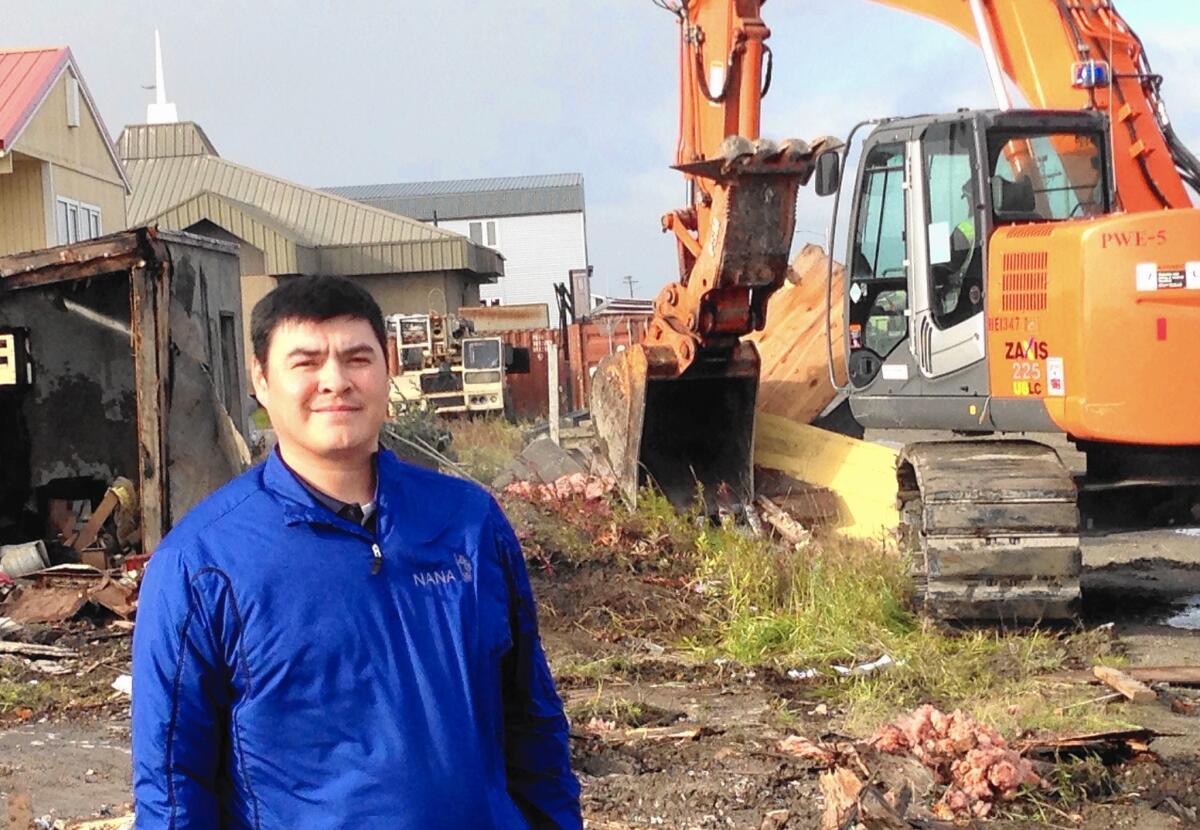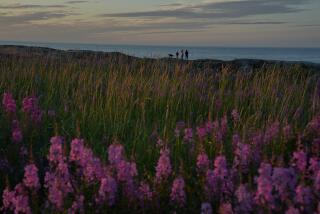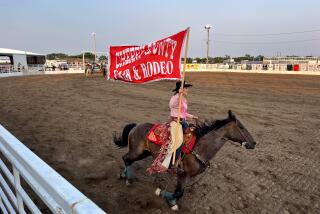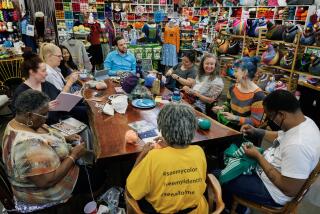This tiny Alaskan village is beyond excited over Obama’s visit: ‘Pinch me!’ mayor says

Dear President Obama,
You’re not in Martha’s Vineyard anymore. The moment you step out of Air Force One, here in the self-proclaimed Gateway to the Arctic, you will forget about all those fancy people vacationing off Cape Cod, the ones who do not blink an eye when you and your family stroll by for ice cream.
The residents of Kotzebue, all 3,200 or so of them, are not used to seeing the leader of the free world motoring down 3rd Street, one of the few paved byways in town. In fact, you’ll be the first sitting president to venture north of the Arctic Circle.
Even if they do not agree with all of your policy decisions, the Inupiat and others who call Kotzebue home are stunned and honored to have you here. Just listen to Reggie Joule, mayor of the Northwest Arctic Borough, an area the size of Indiana with a population of fewer than 8,000 and Kotzebue at its heart.
See the most-read stories this hour >>
Joule is a serious man, in charge of a region with a rich native history and innumerable problems tied to poverty and remoteness. He wants the region to get a port. He wants an Arctic strategy crafted with tribal input. He wants you to show leadership — and bring resources — to help tiny rural towns that must relocate because of the ravages of climate change.
“This community is just buzzing,” Joule said, flashing a huge smile. “It’s hard not to get moments of just sheer giddiness. Pinch me! Can it really be true that the president of the United States is coming to our community?”
(Note to your handlers: The Abridged Inupiaq and English Dictionary, published in 1981, does not contain a word for “nonchalant” or “blase.” There is, however, an Inupiaq word for “amazed” — kamatchak. And one for “happy” — quya.)
Everyone in town will get a miniature flag to wave when your motorcade whizzes by Wednesday; 3,500 of them were recently mailed here. The Arctic Sounder newspaper’s latest edition enthused in big type on Page One, “The president is coming!” and called your visit a “once-in-a-lifetime opportunity.”
It is unclear how much you understand about the most rural corners of the country you lead, places without a nearby Home Depot or auto dealership for spur-of-the-moment repairs.
Nothing is thrown away in places like Kotzebue — known in Inupiaq as Qikiktagruk, or “almost an island” — because someday that scrap of refuse just might come in handy. Many of the wind-scraped houses have yards filled with old snowmobiles, broken appliances, all-terrain vehicles without wheels.
NEWSLETTER: Get the day’s top headlines from Times Editor Davan Maharaj >>
So people here decided not to take a chance. The city launched a weeklong cleanup, which culminated Saturday in a community barbecue. Children earned a buck for every sack of garbage they picked up off the street.
You should try to meet Damon Schaeffer if you can and thank him for his hard work spiffing up Kotzebue on your behalf. His day job is as director of facilities and safety for NANA Regional Corp., a for-profit Alaska Native business enterprise.
But he spent two days last week on a volunteer crew helping the city clear out the biggest movable eyesores, including dead appliances and moldering furniture. More important, he postponed his annual moose hunt. Every year, he bags a moose and six caribou, enough to feed him, his wife and four children during the coldest winter months.
He calls your visit “mind blowing.”
City work crews have disposed of old cars and dead snowmobiles. They have spent the week demolishing about a dozen of Kotzebue’s most decrepit, abandoned, crumbling properties. The owners were delighted; the city tore them down and hauled them away for free.
And you should feel honored.
People here certainly do.
“Many of us grew up in poverty, in isolation,” said Timothy Schuerch, president of the Maniilaq Assn., a tribally operated health services organization that runs a hospital in Kotzebue and clinics in each of the Northwest Arctic Borough’s 11 far-flung villages.
“Many of us grew up feeling like we’re second-class citizens,” he said over a recent dinner of reindeer burgers and fries. “Our people are just as entitled to the American dream as anyone else. It’s been a struggle. There’s very deep meaning for the people of our culture for the president to come here.”
Enough meaning that, even though the details of what they will be allowed to do in your honor are sketchy, they are planning to show you things they hold dear to their hearts. They want you to understand who they are, to know why their harshly beautiful home deserves protection, and to see their deep connection to the natural world.
A group of schoolchildren has been practicing the Pledge of Allegiance in Inupiaq for you.
(A language note for your handlers: The word “Inupiaq” with a Q refers to one person and the language and is used as an adjective. “Inupiat” with a T is a collective reference to the people as a whole.)
On Saturday night, your advance staff and other visitors were treated to a caribou feed at the Kotzebue Fire Hall. They dined on traditional dishes such as caribou soup and more updated offerings, including curried caribou over rice and caribou stew with quinoa.
If you ever get a chance to try any Inupiaq food, one small bit of advice: Go for the caribou. It’s much tastier than reindeer, its domesticated cousin.
And on Saturday night, the Qikiqtagruk Northern Lights Dancers spent a loud and sweaty hour practicing traditional numbers in hopes of performing for you. With your visit four days out, it was unclear whether they would all get security clearance to dance for you on the tarmac.
But there they were, in traditional garb, going through their paces on the scuffed linoleum floor of a meeting hall next to the Episcopal church. The songs the troupe sang were rhythmic and intense, a capella chanting with drum accompaniment.
The dances are stories that depict hunting and fishing and tales of the animals on which the Inupiat depend, said Paula Octuck, the group’s coordinator. They are passed down from generation to generation.
“We are beyond excited,” Octuck said. “We danced at the Smithsonian in D.C. and saw the White House from the outside. That was exciting. But this is beyond.”
Enjoy your visit, Mr. President. And don’t forget to try the caribou.
More to Read
Sign up for Essential California
The most important California stories and recommendations in your inbox every morning.
You may occasionally receive promotional content from the Los Angeles Times.











